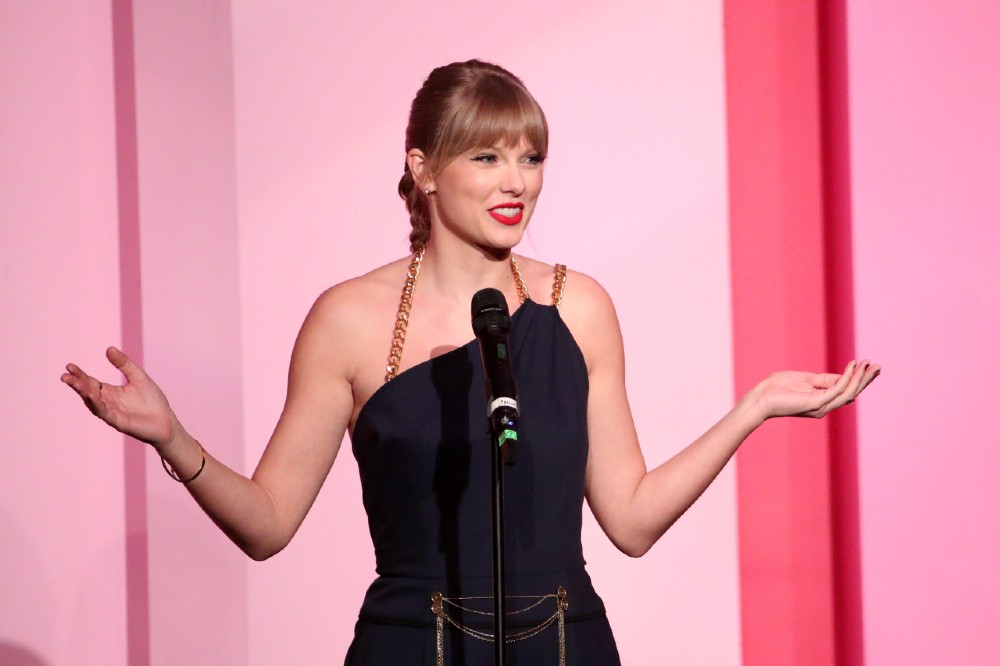After accepting the Billboard Women of the Decade honor on December 12, Taylor Swift gave an unflinchingly honest account of what it’s like to be a woman working in the music industry over the past ten years. Swift pivoted away from the typical awards show acceptance speech platitudes to extol the various instances where she experienced institutional sexism, and at one point, called out Scooter Braun, the music industry manager who bought the masters to her first six albums via the Big Machine acquisition. Swift and Braun have been publicly feuding over the sale of her masters for months.
“Lately there’s been a new shift that has affected me personally and that I feel is a potentially harmful force in our industry. And as your resident loud person, I feel the need to bring it up. And that is the unregulated world of private equity coming in and buying our music as if it’s real estate, as if it’s an app or a shoe line,” Swift said. “This just happened to me without my approval, consultation or consent. After I was denied the chance to purchase my music outright, my entire catalog was sold to Scooter Braun’s Ithaca Holdings. … Yet to this day, none of these investors have ever bothered to contact me or my team directly to perform their due diligence on their investment, on their investment in me, to ask how I might feel about the new owner of my art, the music I wrote, the videos I created, photos of me, my handwriting, my album designs.”
RELATED: Explaining the Taylor Swift and Scooter Braun Feud
Swift then called out Braun’s associates and allies after accusing him of purposefully keeping her in the dark regarding the purchase of her masters.

Also Read
Choppered and Tuned
“Let me just say that the definition of toxic male privilege in our industry is people saying ‘But he’s always been nice to me’ when I’m raising valid concerns about artists and their right to own their music,” Swift said. “And of course he’s nice to you—if you’re in this room, you have something he needs.”
Swift ended her speech on a hopeful note, pointing out the solidarity among women in the music industry.
“The fact is that private equity enabled this man to think, according to his own social media post, that he could ‘buy me,'” Swift said. “But I’m obviously not going willingly. Yet the most amazing thing was to discover that it would be the women in our industry who would have my back and show me the most vocal support at one of the most difficult times, and I will never, ever forget it. Like, ever.”




